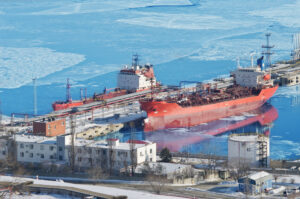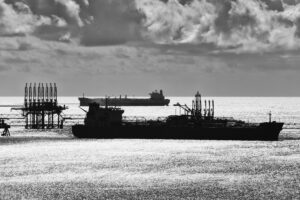India is looking to set up a salvage framework to strengthen national preparedness and ensure timely responses to marine casualties, the Directorate General of Shipping (DGS) has stated in a draft proposal. The framework envisions a financially viable and operationally sustainable model, whereby assets and resources are strategically positioned to enable deployment within 12 hours of an incident being reported.
The government intends to establish a mechanism for effective response, towing, firefighting, salvage operations, and oil spill response to maritime emergencies along the Indian coast and in its waters.
The statutory basis for this initiative is provided under the Merchant Shipping Act, 2025 (Act 24 of 2025).
Under the proposed salvage framework, all vessels calling at Indian ports or transiting through Indian waters will be required to maintain a standing arrangement with a salvage entity empanelled under the MS Act.
Salvage companies may establish in-house firefighting, oil spill response capacity and deploy high bollard pull tugs at strategic locations or have an agreement with recognized service providers.
Further, arrangements are to be made for emergency response assets which will be deployed at strategic coastal locations to ensure rapid mobilisation.
On Tuesday, the maritime sector regulator released a draft of criteria for empanelment and retention of salvors.
According to the draft proposal, applicants must be duly registered entities, either Indian companies or joint ventures with Indian partners in the case of foreign firms, with a minimum paid-up capital requirement and demonstrable financial stability.
Furthermore, salvors are required to establish at-least one centralized Headquarters with warehouse and operational bases on both the east and west coasts within six months of empanelment, and expand operations nationwide within two years.
Applicants must maintain adequate salvage assets and equipment in India, supported by qualified and experienced personnel.
Meanwhile, firms are required to demonstrate operational capability by evidencing successful salvage operations (wreck removal/ refloating/ oil recovery/ underwater repairs) in the preceding five years, with preference given to those with prior experience on the Indian coast, and must also hold membership in the International Salvage Union or an equivalent domestic accreditation.
DGS also said that salvors must have tie-ups with recognised Oil Spill Response Organisations (OSROs) and enter into agreements with ship operators/tug owners for the emergency deployment of tugs, with mobilisation required within 12 hours of an incident.



